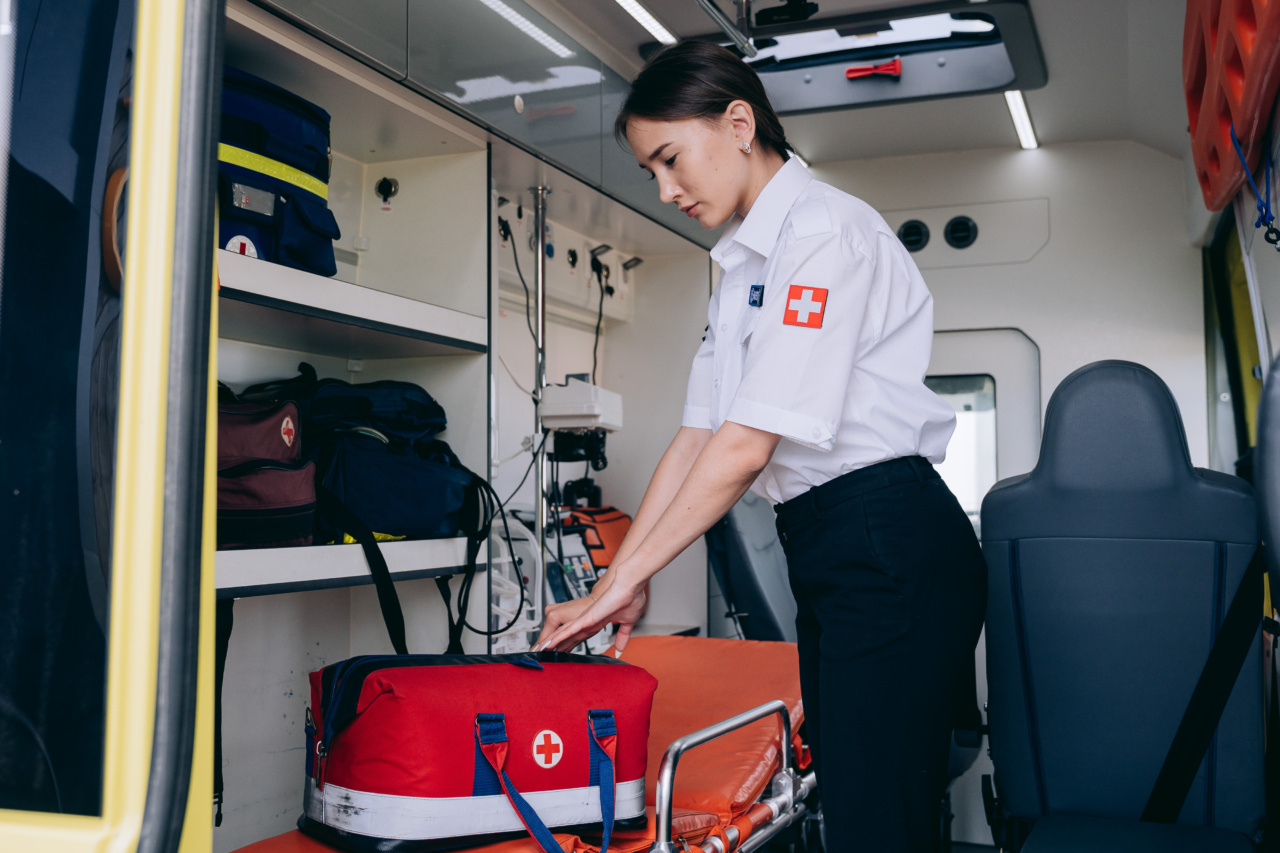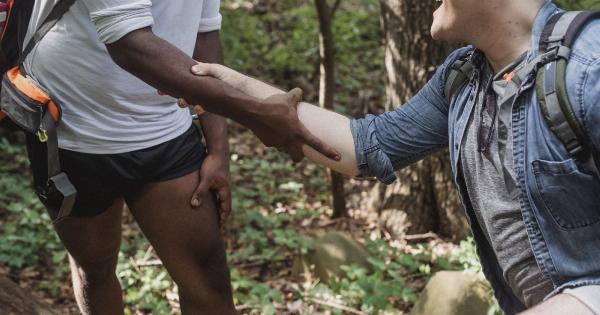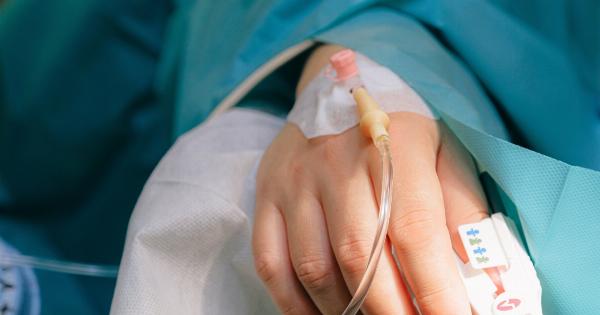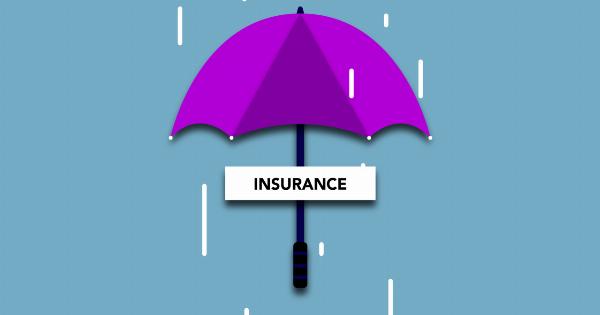Traveling to new destinations is an exciting and enriching experience. Whether you are exploring pristine beaches, cultural landmarks, or remote wilderness, it’s essential to be prepared for any unforeseen circumstances.
Understanding the importance of security and medical assistance can make your travel experience stress-free and ensure your well-being. In this article, we will delve into the must-knows about security and medical assistance while traveling.
1. Research Your Destination
Prior to embarking on a trip, it’s crucial to research and gather information about your destination. Familiarize yourself with the local customs, laws, emergency contact numbers, and any potential security risks.
Government travel advisories and websites of reputable travel organizations are valuable resources for obtaining up-to-date security information.
2. Purchase Travel Insurance
Travel insurance is like a safety net that provides coverage for unexpected events such as trip cancellations, lost baggage, and medical emergencies.
It’s imperative to select a comprehensive travel insurance policy that also includes medical evacuation coverage, especially if you plan to visit remote or high-risk areas.
3. Secure Your Belongings
When traveling, it’s vital to keep your belongings secure to avoid theft or loss.
Utilize secure locks for your bags, invest in anti-theft bags or purses that have hidden compartments or slash-proof materials, and keep electronic devices close to you at all times. Be aware of your surroundings and avoid exposing valuable items unnecessarily.
4. Stay Informed about Local Laws
Each country has its own set of laws and regulations, and it’s crucial to respect and adhere to them.
Familiarize yourself with local customs, traditions, and practices, as any disregard for them may lead to unexpected consequences, legal trouble, or security risks.
5. Register with Your Embassy
Registering your trip with your embassy or consulate can be beneficial, especially if you are traveling to countries with potential security risks.
In case of natural disasters, civil unrest, or other emergencies, your embassy can assist you and provide critical information or guidance.
6. Be Vigilant at Public Places
While exploring crowded tourist spots or using public transportation, be cautious of your surroundings. Avoid displaying excessive wealth or valuables and be wary of pickpockets.
Keep a close eye on your belongings, particularly in crowded places like markets, train stations, or tourist attractions.
7. Carry Important Documents Safely
When traveling, it’s essential to keep copies of important documents like passports, visas, and travel itineraries. Store these copies digitally or keep physical copies in a separate location from the originals.
Additionally, inform a trusted friend or family member about your travel plans and provide them with copies as well.
8. Know Your Medical Requirements
Prior to traveling, consult with your healthcare provider to understand any specific medical requirements for your destination. This may include necessary vaccinations, medication prescriptions, or information on potential health risks.
Pack a basic first aid kit with essential supplies, especially if you are traveling to remote areas.
9. Research Local Healthcare Facilities
Research the availability and quality of healthcare facilities at your destination. Find out if there are any recommended hospitals or clinics and note their contact information.
This knowledge will prove invaluable in case of medical emergencies or unforeseen health issues during your trip.
10. Stay Hydrated and Practice Good Hygiene
Ensuring good health while traveling involves maintaining proper hydration and practicing good hygiene. Drink bottled water or purified water when visiting places with questionable water quality.
Wash your hands regularly with soap and water or use hand sanitizers, especially before meals.





























